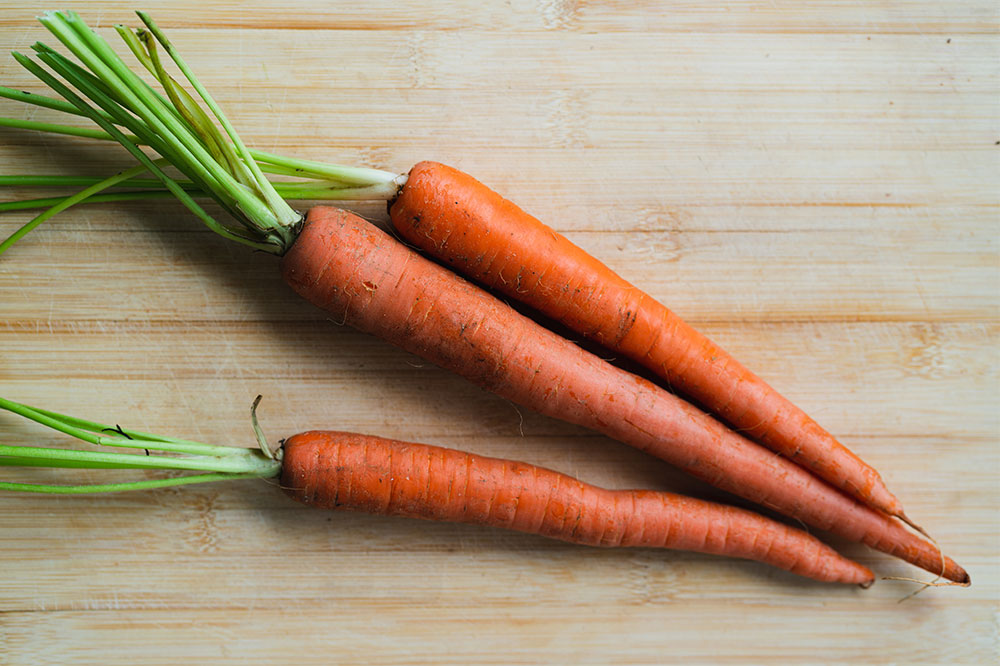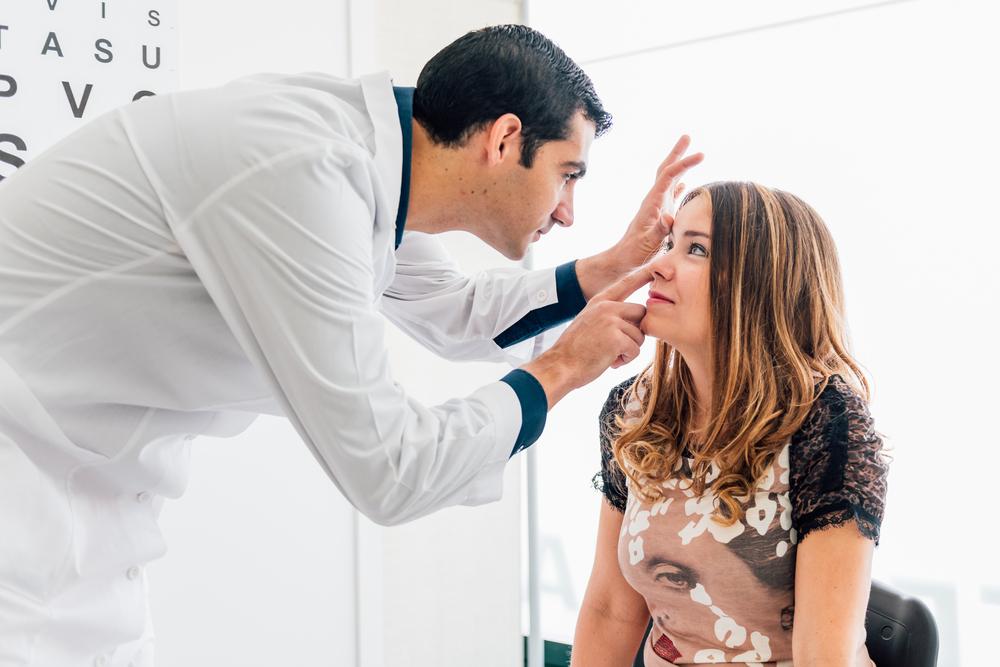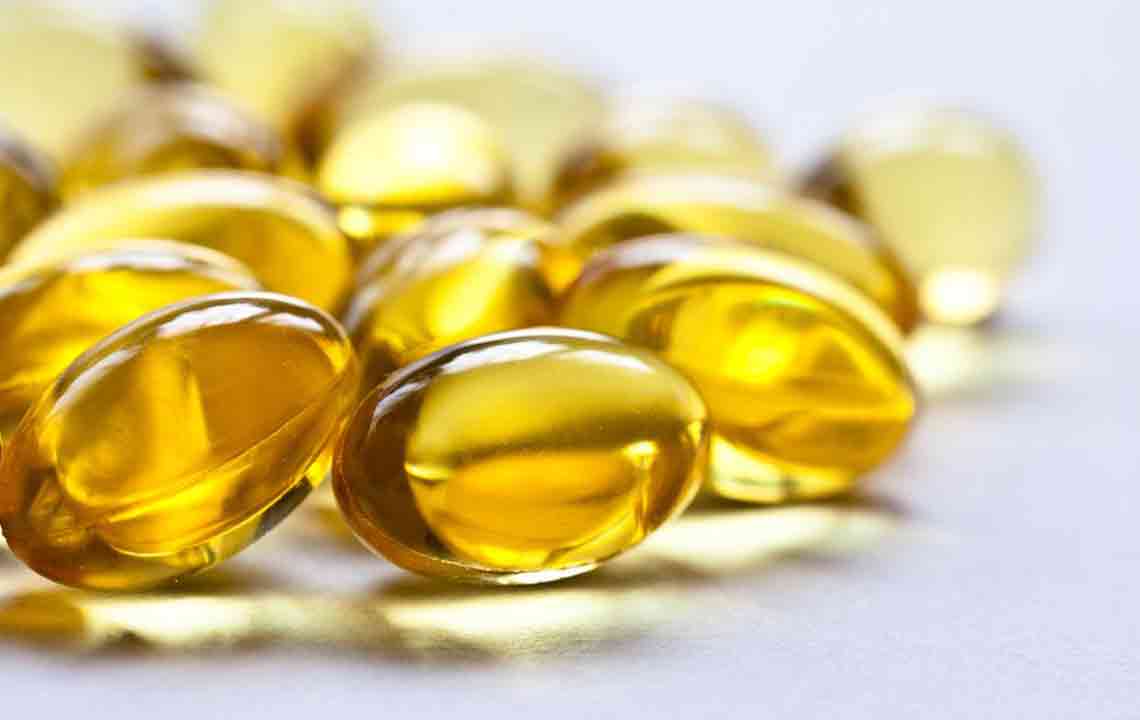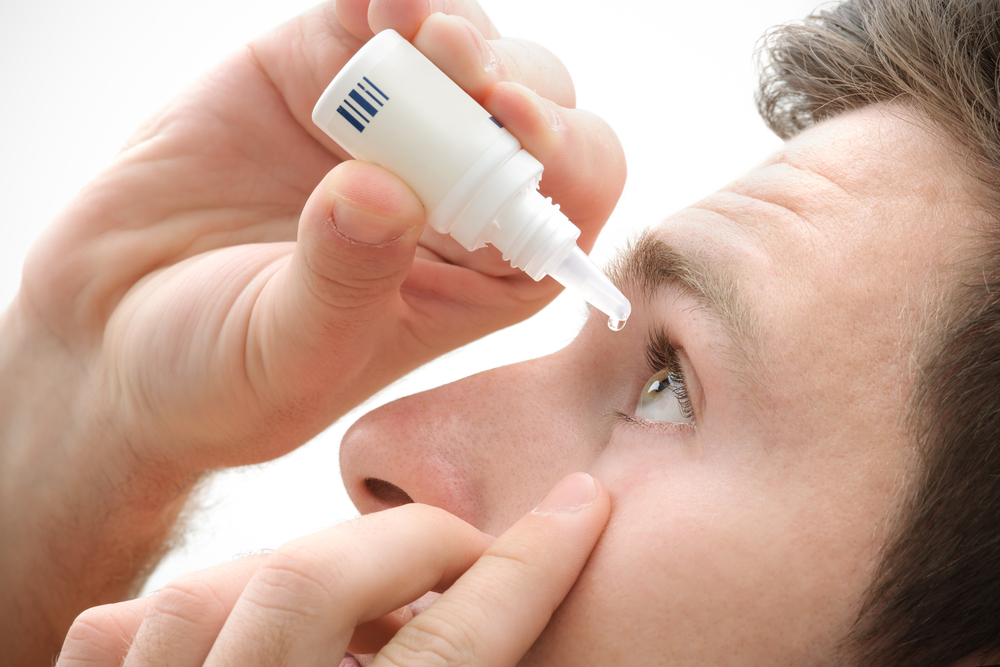Key Vitamins and Nutritional Strategies to Enhance Eye Health and Protect Vision
Discover essential vitamins and foods that bolster eye health, including vitamin A, vitamin C, omega-3 fatty acids, and zinc. Learn how a balanced diet and proper nutrition can help prevent common eye conditions such as cataracts, dry eye syndrome, and age-related macular degeneration. This comprehensive guide offers practical dietary tips to maintain and protect your vision health for a lifetime.

Fundamental Nutrients and Dietary Habits for Supporting Optimal Eye Function
Our sensory faculties are essential for navigating and interpreting our environment. Among these, vision stands out as a vital sense that influences nearly every aspect of daily life, from reading and working to recognizing loved ones and navigating surroundings. Maintaining healthy eyesight requires not only regular eye check-ups but also a diligent approach to proper nutrition and lifestyle habits. By integrating certain key nutrients into your diet, you can bolster your eye health, improve visual acuity, and reduce the risk of developing common eye conditions as you age.
Vitamin A: The Cornerstone of Eye Health
Vitamin A deficiency remains a leading cause of preventable blindness around the world. Its significance in maintaining healthy eyesight cannot be overstated, as it plays a critical role in preserving the function of light-sensitive cells in the retina and maintaining the integrity of ocular tissues. An adequate intake of vitamin A is essential for night vision, preventing dryness, and safeguarding against degenerative eye diseases.
Vitamin A is one of the most vital nutrients for overall eye wellness. It supports the functioning of photoreceptor cells in the retina that are responsible for converting light into nerve signals sent to the brain. Without sufficient vitamin A, individuals risk experiencing night blindness, dryness of the conjunctiva, keratitis, and even irreversible vision loss. Ensuring adequate vitamin A intake through diet is a simple yet powerful way to protect your eyesight.
Sources Rich in Vitamin A: To meet your daily needs, consume foods high in beta-carotene and preformed vitamin A. These include vibrant orange and yellow vegetables like carrots and sweet potatoes, dark leafy greens such as spinach and kale, as well as fruits like apricots, mangoes, and yams. These foods are easily accessible and add a variety of colors and flavors to your meals, making it easier to incorporate vitamin A-rich options into your diet.
Vitamin C and Eye Health
Vitamin C, a powerful antioxidant, is abundant in the aqueous humor—the clear fluid in the eye that nourishes the cornea and lens. Its concentration within the eye reflects dietary intake levels. Studies have demonstrated that higher vitamin C levels can help delay or mitigate the development of cataracts, a common age-related eye disorder that clouds the lens and impairs vision.
Sources of Vitamin C: To boost your vitamin C intake, include plenty of citrus fruits such as oranges, grapefruits, and lemons, as well as strawberries, kiwi, bell peppers, broccoli, and Brussels sprouts. These foods not only support eye health but also contribute to overall immune function and skin health, making them essential components of a balanced diet.
Omega-3 Fatty Acids: Essential for Visual and Retinal Health
Omega-3 fatty acids, particularly EPA (eicosapentaenoic acid) and DHA (docosahexaenoic acid), are critical for maintaining the structural integrity and functionality of ocular tissues. DHA is especially concentrated in the retina, where it supports visual signal transmission and retinal development. Adequate omega-3 consumption has been linked to a lower risk of dry eye syndrome, age-related macular degeneration, and other degenerative eye conditions.
Foods Rich in Omega-3s: Fatty fish such as salmon, mackerel, sardines, and albacore tuna are among the best sources of EPA and DHA. For vegetarians and those who prefer plant-based options, flaxseeds, chia seeds, walnuts, and algae-based supplements provide alternative sources of omega-3 fatty acids, promoting healthy eye function and reducing inflammation.
Zinc: Supporting Visual Pigments and Immune Defense
Zinc plays a pivotal role in maintaining ocular health by aiding in the synthesis of visual pigments essential for converting light into electrical signals in the retina. It also supports overall immune health, which is crucial in preventing infections and managing inflammation related to various eye conditions. Zinc deficiency can lead to night blindness, delayed visual recovery after flash exposure, and more severe vision impairments.
Zinc-Rich Food Sources: Incorporate oysters, shellfish, lean meats like beef and chicken, dairy products such as yogurt, legumes including chickpeas, and nutrient-dense whole grains like wheat germ and oats into your daily diet. These foods help to maintain optimal zinc levels, contributing to better eye health and resilience against age-related degeneration.
In summary, prioritizing a balanced diet rich in vitamins A and C, omega-3 fatty acids, and zinc is fundamental for preserving visual acuity and preventing eye diseases. Coupled with healthy lifestyle choices like regular exercise, proper hydration, and protecting your eyes from excessive UV exposure, these nutritional strategies can help ensure your vision remains sharp and vibrant throughout your life.





